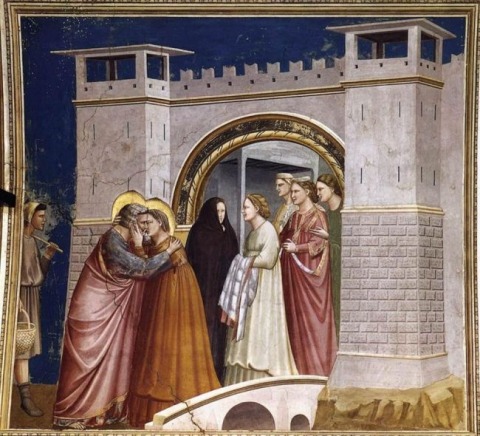
During a beautiful conference last week about marriage, sexuality, love, faithfulness, and fruitfulness, there was a great deal of discussion, both between and during sessions, about whether we should be optimistic, pessimistic, or hopeful about the state of things today. An optimist, I suppose, thinks the culture can be redeemed in 60 years, but a pessimist thinks it will take 600.
All of us think about such things, and I confess that I too alternate between pessimism and optimism. In my view, though, we should ignore and disregard both of these moods. We don’t know what will happen. God knows. All that matters is hope. Nothing can separate us from the love of God in Christ Jesus, neither powers, nor principalities, nor technological paradigms, nor renegade theologians, nor disorders in the Church.
We are not generals, but soldiers. God is the general. We think we have to see the battlefield as He sees it. We don’t. Nor do we need to devise Benedict options. In that difficult age in which the Rule for monastic life was developed, Benedict himself didn’t think he was devising a Benedict option. God did, and that was enough.
Nor do we need to be afraid. How did the Christian knight react when he came upon the dragon? Did he estimate whether the dragon could be overcome in his lifetime? No. He lifted his sword and fought the dragon, and he sang with the joy of the battle.
Some day, when Christians look back on our age, they will look back on it not as a golden age -- certainly not that -- but as a heroic age. Under our circumstances, even the exercise of the ordinary, everyday elements of moral character, such as temperance and chastity, is coming to resemble heroic virtue. And think how much more deeply those future Christians will understand sexuality than we do, having read the histories of our battles, our defeats, and our triumphs.
The Christian knight was neither a pessimist or an optimist, and he was right to despise his moods. Let us try, by God’s grace, to be knights.